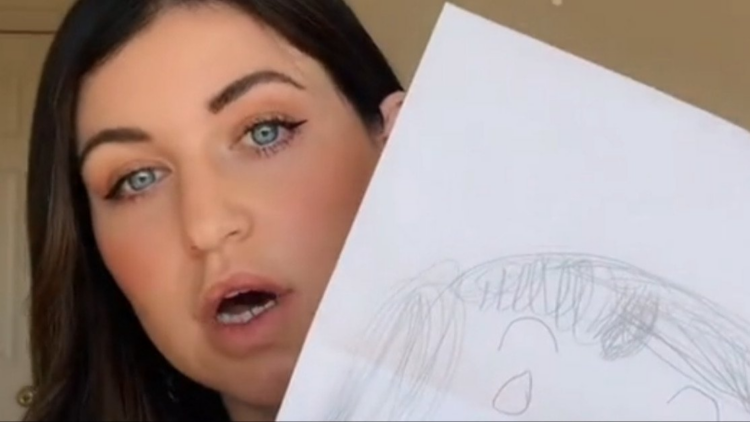For as long as the practice known as “gentle parenting” has gained prominence in recent years, it’s attracted critics skeptical at the idea that a style that prioritizes a child’s feelings could provide them with much discipline.
This is because gentle parenting (which is also called “respectful” or “mindful” parenting) tends to resolve problem behavior by exploring the emotions behind it with a child rather than punishing them or using common phrases that establish a parent’s authority to regulate their child’s actions.
Depending on how much value a skeptic can see in this form of parenting, they may see gentle parenting as a style that lets your children control you and not the other way around. Or if they don’t go quite that far, they may warn that while it’s nice to provide a safe and emotionally nurturing environment for your child, that will leave them unprepared for the “real world.”
After all, most of us can attest that a lot of the people we meet couldn’t care less about how we feel and some will hurt us either to wrestle with their own frustrations or to get what they want.
But as far as one mom is concerned, gentle parenting styles better equip children for those situations than critics give them credit for. And a recent encounter her daughter had with a teacher seemed to exemplify that.
In a TikTok video uploaded on March 8, a woman named N’tima Preusser addressed a question that gentle parenting skeptics seem to ask her often.

We can see the gist of that question here and since discussions around gentle parenting — such as an op-ed by Jessica Winter in The New Yorker — tend to focus on the consistent work to affirm that a child’s emotions are real and important , it’s not hard to see where that question comes from.
Since many people that child encounters in life aren’t going to be equipped or especially willing to do that work, what will happen to them as a result?
And Preusser got her answer when her daughter came home with a picture she had drawn that featured herself crying, which she then asked the child about.

Her daughter then told her that a teacher had got in her face and yelled at her at recess. In a comment, Preusser further explained that this teacher was apparently angry the child had taken her coat off when it got uncomfortably hot.
As Preusser relayed, “She explained how ‘I think the teacher was having a rough
day and she took it out on me and she yelled at me.'”
But whether her daughter recognized this context at the time or not, it understandably made her mad as most people do when they get needlessly aggressive with us.

But as Preusser continued, that anger only persisted until the child had “quiet time” in class and drew a picture expressing how she felt. This took her mind off it and in her daughter’s words, helped to “Make the mad feeling go away.”
As we can see here, that anger resolved for the daughter within a matter of 10 minutes and Preusser further explained that she understood the teacher’s reaction wasn’t deserved and likely didn’t have much to do with her.
And because Presseur’s parenting style had prepared her to recognize and process those feelings, the daughter had dealt with them by the time she picked her up.
Indeed, as Winters outlined, the goal of gentle parenting to help children develop into people who decide on their own to be kind, conscientious, and able to regulate their emotions.
Since this example showed her daughter doing just that, Presseur maintained that “Not only are they going to survive the big, tough world, they’re going to thrive because they’re not going to have to spend the majority of their adulthood healing from their childhood.”
h/t: The New Yorker

















































